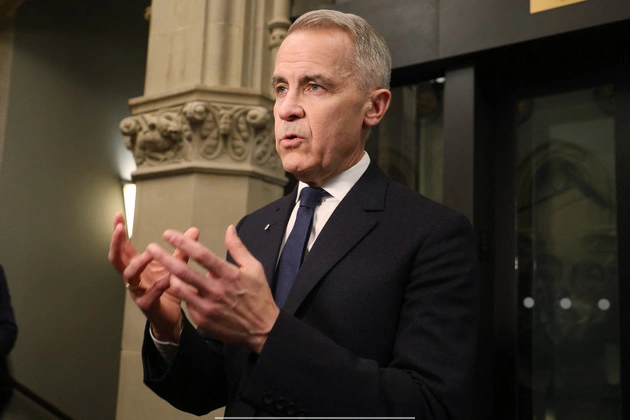
Canada has unveiled its plan to retaliate against the United States’ auto tariffs, signaling a strategic shift in trade relations amid escalating tensions. Prime Minister Mark Carney announced that Canada will implement targeted counter tariffs on US autos, aiming to safeguard its interests and uphold trade agreements.
Strategic Countermeasures
Carney detailed that the counter tariffs will include a 25 percent duty on all non-compliant vehicles imported from the US under the United States-Mexico-Canada Agreement (USMCA). Moreover, non-Canadian components of USMCA-compliant vehicles will also face tariffs, emphasizing Canada’s commitment to fair trade practices.
Preserving Automotive Integration
In a strategic move, Canada opted to exempt auto parts from the retaliatory measures, citing the mutual benefits of the integrated production system shared with the US. This decision underscores Canada’s focus on preserving the efficiency and competitiveness of the North American auto industry.
Global Economic Landscape
Carney criticized President Trump’s global tariff policies, attributing them to a shift in global economic dynamics. He highlighted the end of America’s long-standing economic leadership post-World War II and emphasized the need for decisive responses to navigate the evolving economic landscape.
Forging New Alliances
Canada’s response extends beyond tariffs, as Carney outlined plans to establish a new global alliance with like-minded partners in Europe and Mexico. By seeking collaboration with allies who share similar values, Canada aims to fill the void created by the US’s changing trade stance.
Leadership Amid Uncertainty
Emphasizing Canada’s commitment to leadership, Carney expressed readiness to lead a coalition of nations aligned on principles of free trade and cooperation. Despite the shifting dynamics in US-Canada relations, Carney reiterated Canada’s stance as a loyal ally in security and defense, signaling a nuanced approach to diplomatic ties.











